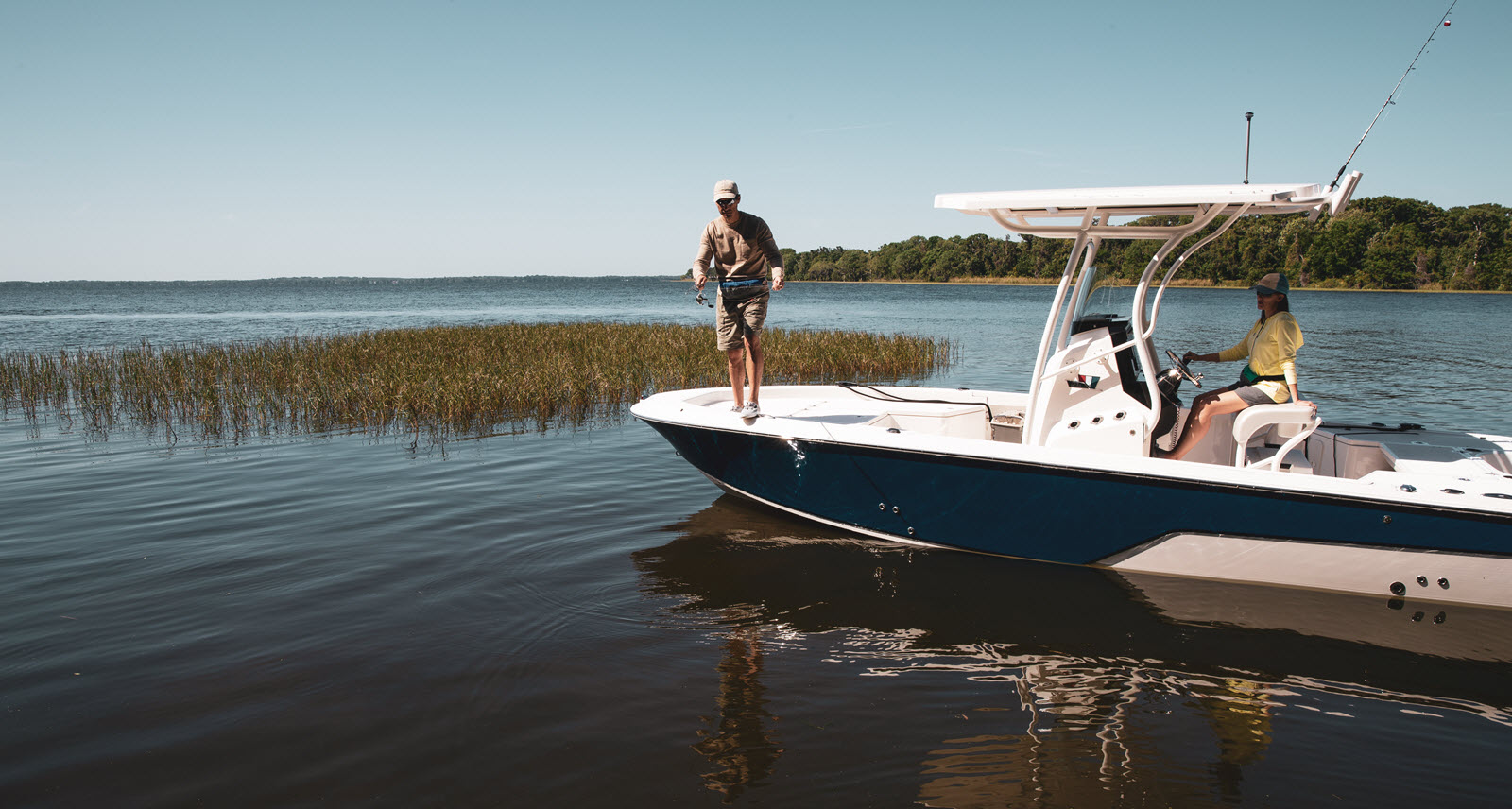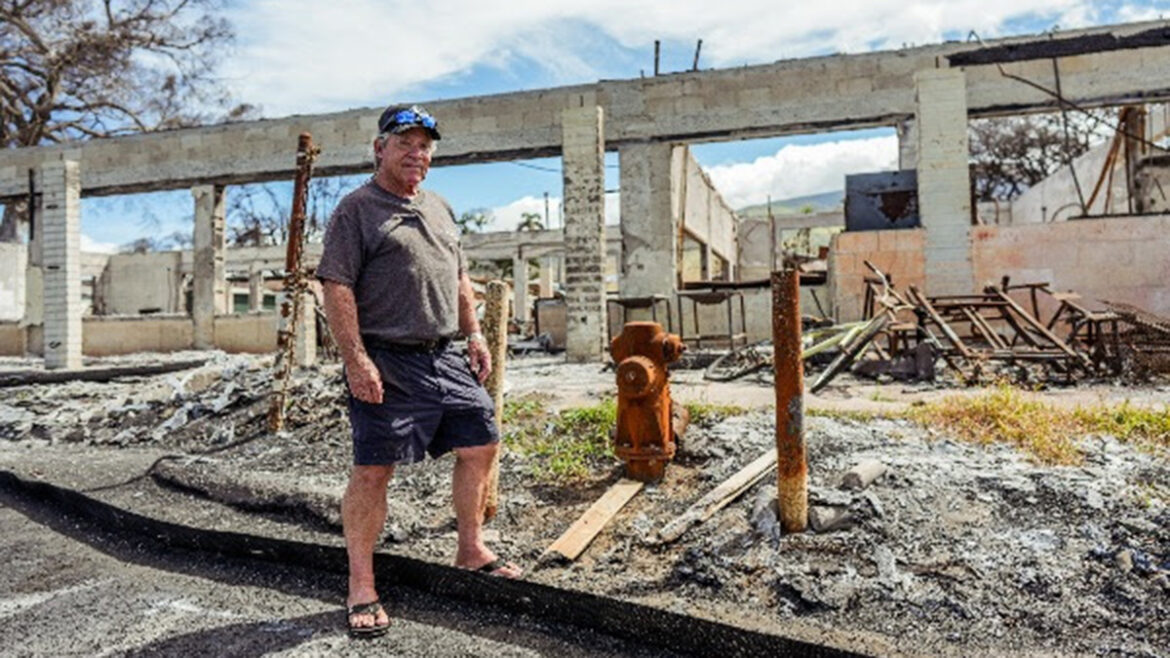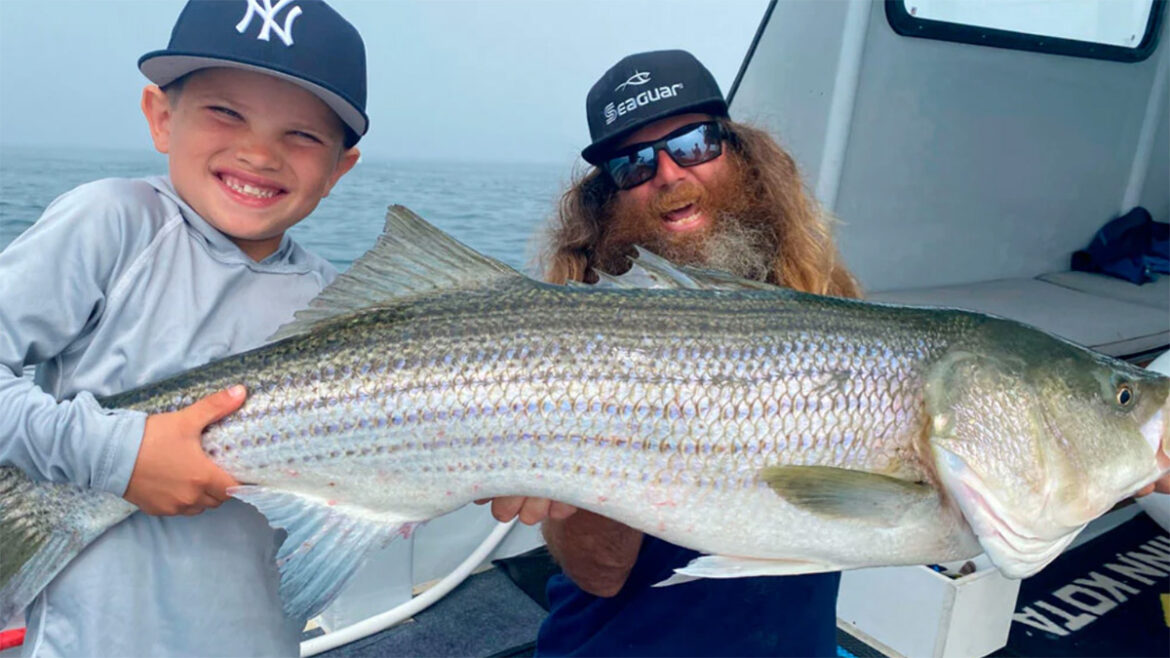The U.S. Fish and Wildlife Service and the Association of Fish and Wildlife Agencies has released the results of the 2022 National Survey of Fishing, Hunting, and Wildlife-Associated Recreation. The survey, coordinated by USFWS, shows that U.S. residents over the age of 16 took over 1.7 billion trips in 2022 to participate in outdoor activities like fishing, hunting, wildlife watching, recreational boating, and target shooting. In doing so, outdoor enthusiasts spent an estimated $394 billion on equipment, travel, licenses, and fees last year alone.
“Time spent in nature is an important part of the human experience and can provide lifelong memories, connections to others, healthy activities, and a sense of rest and healing,” said Martha Williams, USFWS director. “These numbers demonstrate how important our public lands and wild places are not just for the well-being of people who enjoy them, but as an economic engine that provides thousands of jobs and sustains businesses, economies, and communities throughout the nation.”
The 2022 survey, which offers a snapshot view of participation rates and was conducted by the National Opinion Research Center at the University of Chicago, finds that 148 million U.S. residents watched wildlife in 2022 while 40 million went fishing and 14.4 million hunted. This means that roughly 57 percent of Americans 16 years of age or older participated in wildlife watching, 15 percent fished and 6 percent hunted last year. These trips equaled a combined total of 14 billion days spent in the field, on the water, and around the home viewing wildlife, an all-time high.
These activities represent an economic powerhouse, where participants together spent $394 billion in 2022 — the most ever recorded in any national survey, adjusted for inflation.
The survey has been conducted approximately every five years since 1955. The 2022 survey is the first national survey to use a “push to web” approach, enabling respondents to complete the survey online. Respondents could also call in or fill out and mail in their questionnaire. These options, combined with a new, shorter questionnaire, gave participants more choices and made the survey more convenient to complete than in prior years, but the changes in methodology mean that 2022 results should not be directly compared to results from any previous survey. Other changes to the 2022 survey include data collection on recreational motorized boating and recreational shooting sports for the first time.
“We are grateful to the more than 100,000 survey respondents from households across America that took part in the 2022 survey,” said Williams. “Because of this participation, the national survey continues to serve as the nation’s definitive wildlife-related recreation database and a crucial source of information on participation rates and economic impacts of outdoor activities across the nation.”
This year’s survey design recognizes that in addition to wildlife-dependent activities like hunting and fishing and wildlife-watching, recreational boating and target shooting are also important nature-dependent pastimes that link people to wildlife and wild places. For many, these activities are a lifestyle and gateway to the outdoors and a connection to nature that creates lifelong memories.
Each National Survey of Fishing, Hunting, and Wildlife-Associated Recreation is a wealth of information allowing stakeholders, researchers, and agency partners to examine changes in recruitment, participation, and retention in outdoor activities over time. Find additional survey resources for current and past surveys.
The in-depth 2022 survey findings are available online now and accompanying addendum reports will be produced in the coming months.







